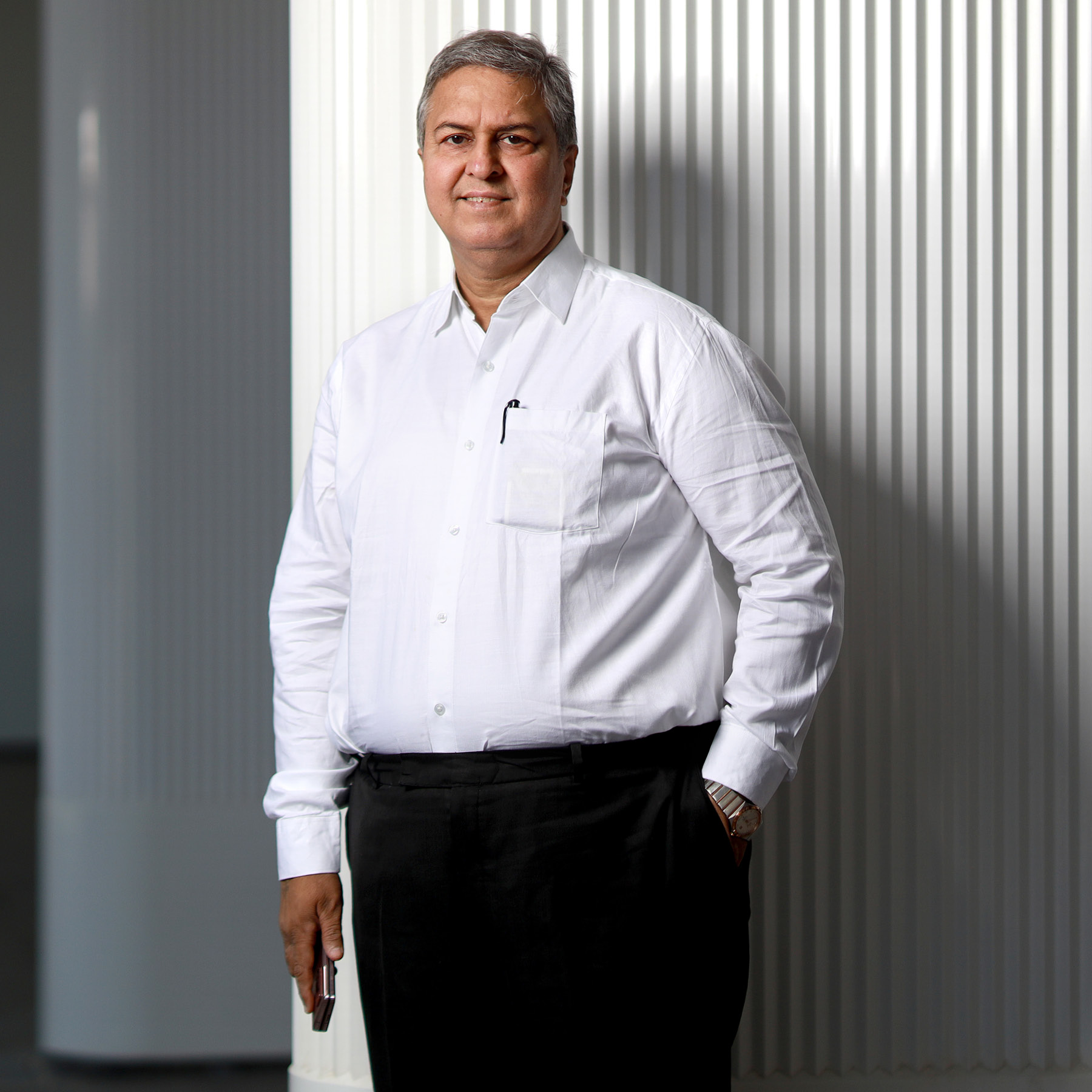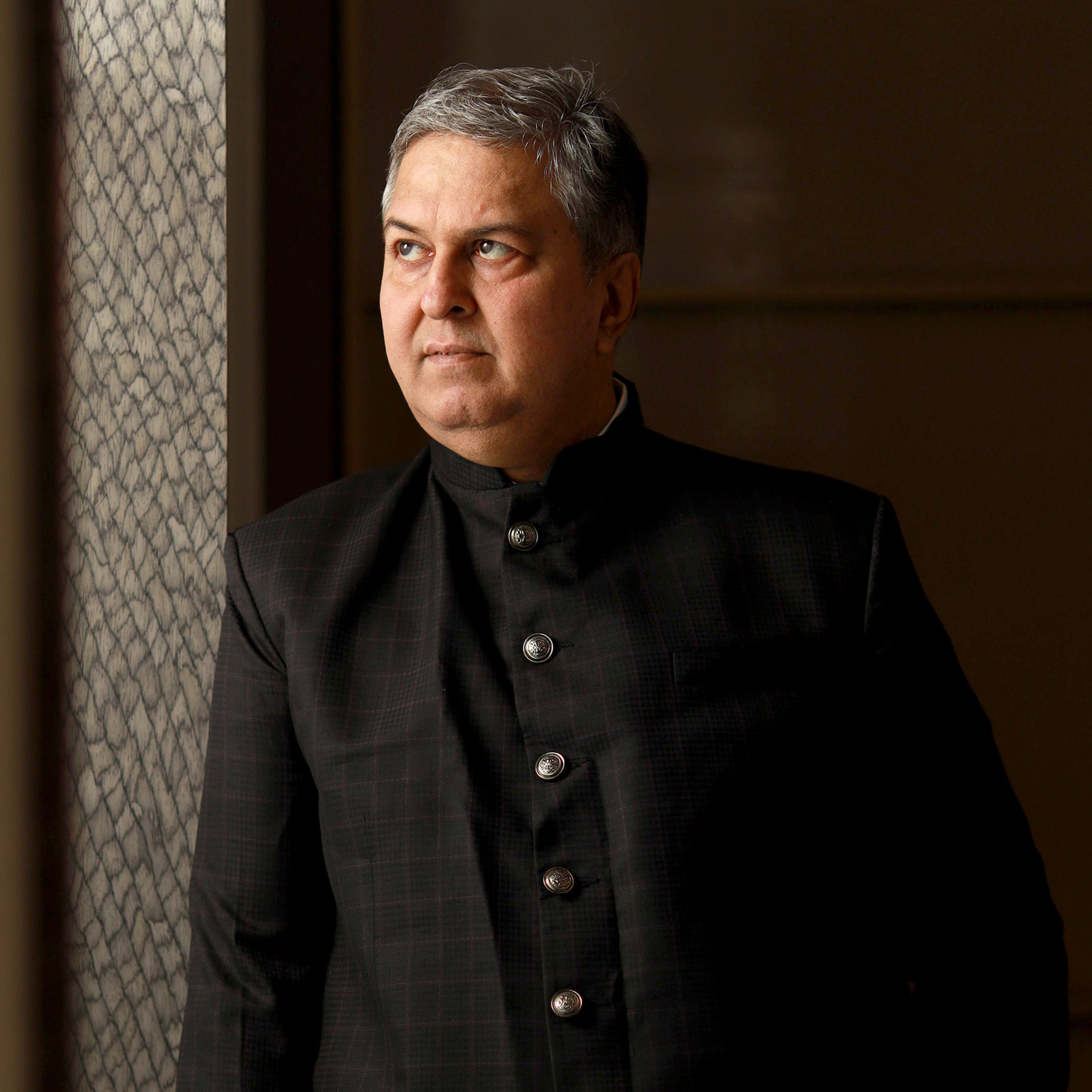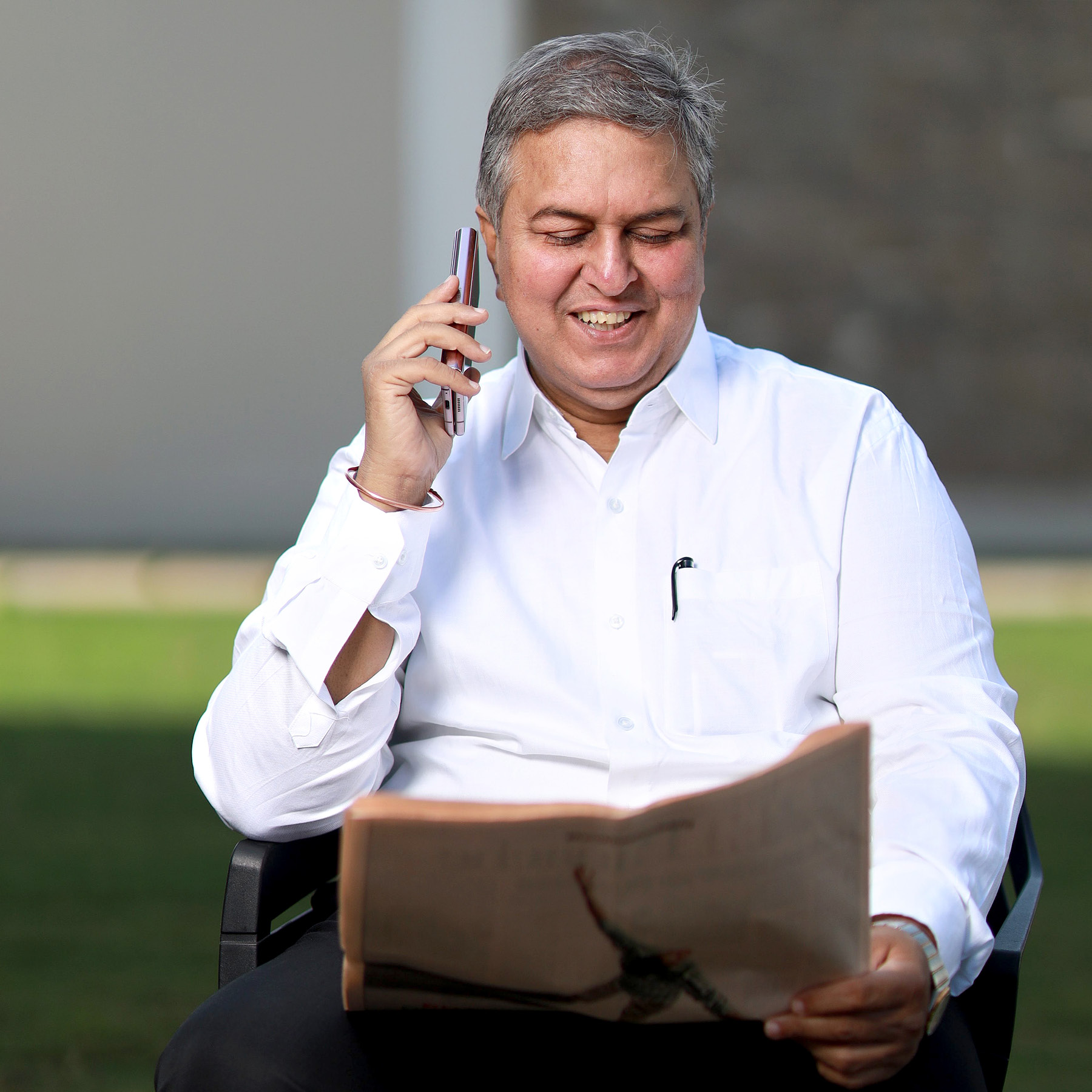
When Udhav Rupchandani graduated from university, it didn’t occur to him for a second that he’d end up in the real estate industry. He had other plans, but the lure of the family property developing business proved too tempting to refuse.
It was the early 1980s and Rupchandani was immediately entranced. Now, some 40 years later, he’s still at the helm and Eagle Infra India Ltd (EIIL) is one of the most successful infrastructure development companies in the greater Mumbai area, with a 2020–2021 turnover of a record US$307.8 million – a figure that has more than doubled in the past four years.
“When I left college, I never dreamed of being in real estate,” he tells The CEO Magazine. “But since my family was involved, I took a role and it was excellent. It has opened up so many new opportunities and has taught me something new every day.”

“It has opened up so many new opportunities and has taught me something new every day.”
Many of those lessons are the result of Eagle’s growth and diversification into a myriad of sectors. Early on, Rupchandani recognized the potential of infrastructure development, an area the government was ploughing vast sums of money into.
“Initially it was water treatment projects, and since then we’ve been involved in many areas of civil construction such as roads, sewage treatment plants and industrial parks,” he says.
As Eagle’s reputation grew, it was also picked to build pipelines and shopping centers, and even branched out into coal mining. It now owns a wealth of modern machinery including asphalt plants, excavators, trucks, tippers, compressors, transit mixers, vibratory roller cranes and earth movers.
On a HAM Roll
Eagle has also won contracts for the Indian government’s hybrid annuity model, otherwise known as HAM, which was introduced in 2016 to boost investment in large-scale highway building projects.
Some of these are known as EPC (engineering, procurement and construction) where companies like EIIL are commissioned by the National Highway Authority of India to lay down roads, while others are BOT (build, operate, transfer), where the private company maintains the road when it’s finished and charges motorists a toll for using it.
It is also involved in a third category, OMT (operate, maintain, transfer), which doesn’t include the actual construction.

“Change is the law of life – it doesn’t matter how slowly you do it as long as you don’t stop.”
“Ever since I started my journey in this business, it has been changing every few years. The scale increases and we widen the number of services we provide. Change is the law of life – it doesn’t matter how slowly you do it as long as you don’t stop,” he says.
“That’s how you stay flexible and harness new ways of thinking from new generations. The way I did things 25 years ago no longer works so I always mentor my staff to be adaptive to change and bring everyone with us on the journey. When we do that, we soar skyward.”
Leadership Lessons
“Leadership means so many things, but I guess to me it’s about learning to lead ourselves before we lead others,” Rupchandani says.
“It’s about knowing and understanding yourself and others – not about organizational process. The essence of leadership is getting people to do things, accomplish things together.”
A Higher Purpose
But soaring skyward doesn’t mean focusing on profits alone. Rupchandani knows that long-term success is built on a sense of purpose, of appreciating the bigger picture. “What drives me every day isn’t money, it’s passion. There’s still a great thrill that drives me to perform at my very best,” he says.
“I could not have been in this business for so long if all I cared about was making a fast buck. That’s something you may be able to do once or twice, but not consistently. The most important thing is to do the right thing. If you do that, the profits, money and cash will still keep flowing.”

Advertisement
It’s a sentiment echoed by nearly all globally successful businesses, and sometimes referred to as the ‘Purpose Paradox’ – if you set out purely to make more money, you’ll end up making less. It’s one of the reasons Rupchandani instills in his teams the need for honesty, transparency and maintaining strong, long-term relationships that are built on trust.
“To grow a business over an extended period of time, you have to earn goodwill from your suppliers, customers and employees. And that’s only possible if they’re completely satisfied,” he says.

“To grow a business over an extended period of time, you have to earn goodwill from your suppliers, customers and employees.”
Coping With the Pandemic
The healthy work culture at Eagle was exemplified during the COVID-19 pandemic when prolonged lockdowns crippled businesses across the country.
India had already suffered a severe economic slowdown in the two years before COVID-19 reached its shores, with gross domestic product growth slumping from 8.2 percent to just 3.1 percent in the quarter ending in March 2020.
But no one was prepared for the record 23.9 percent decline between April and June 2020. Manufacturing plummeted by a staggering 39.3 percent, but construction fared even worse – constricting by 50 percent.

“Identifying areas where we need to improve has always been key to our success. It’s a collective effort between all of our work family.”
“It was by far the biggest challenge we’ve ever faced. Everything ground to a halt and many of the laborers moved back to their hometowns. It was very tough and stressful for everyone, but the Eagle employees worked incredibly hard and we still managed to stick to our given schedules and finish the work that we had to do.”
It was an impressive achievement, given the shortages of labor and materials, but Eagle was well prepared. “Identifying areas where we need to improve has always been key to our success. It’s a collective effort between all of our work family. I always say that our incredible achievements aren’t mine individually, but a team effort,’ he says.
“We have grown by becoming adept at so many areas. In this business, we have to work hard and play hard. This industry is a flooded marketplace as there is so much competition, so I have to find ways to make myself and my team special. It’s a constant work in progress that we’ve been doing from the day I joined four decades ago.”


